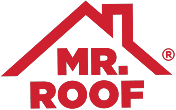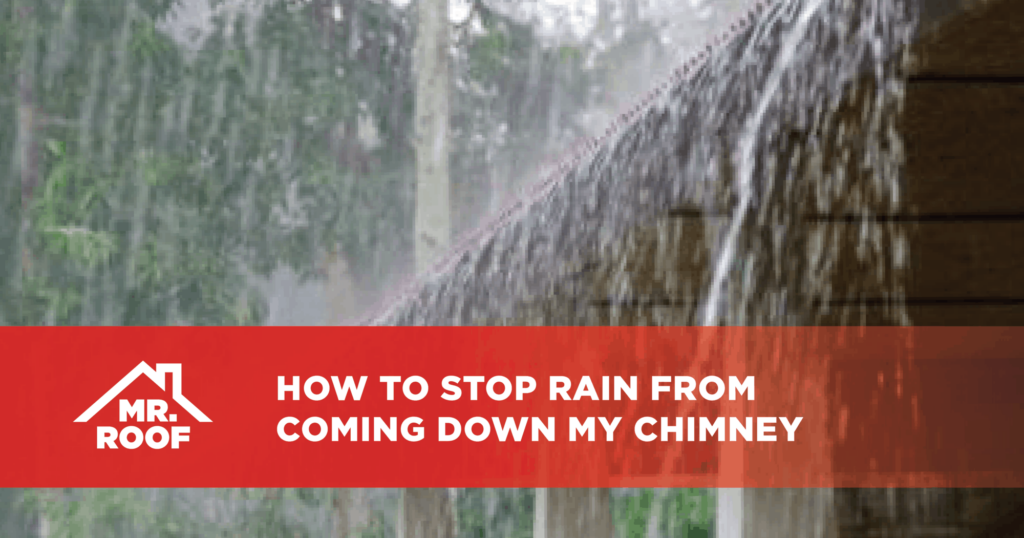Have you seen water dripping in your fireplace recently, or woken up to find a puddle at the base of your fireplace? If so, you may have a serious problem with your chimney that requires immediate attention. Even if you only notice a slight drip when it rains, this is not an issue you should allow to continue unaddressed for long. You need a professional to help you diagnose the source of the problem and fix it as quickly as possible. Allowing it to continue could easily lead to expensive water damage, possibly in multiple levels of your home.
In most cases, professional contractors and chimney maintenance experts will use a simple yet effective water test to check for leaks in a chimney. All this requires is dumping a bit of water into the chimney to determine how the water reaches the fireplace. Once they find the source of the leak, they can fix the problem so you can return to using your fireplace with peace of mind.
Leaks from damage to the chimney structure
Among the top reasons for leaks inside a chimney, structural damage to the chimney itself is one of the most common. Over time, your chimney sustains wear and tear from the fires you burn inside as well as the weather outside. The section of your chimney that extends above your roof receives almost constant exposure from the sun, wind, and all types of precipitation. Eventually, some parts of your chimney structure will start to break down.
When precipitation makes its way into cracks in your chimney’s structure, it will inevitably freeze, thaw, and refreeze. This cycle persists as the weather changes and eventually turns small cracks into larger gaps. Once these gaps form, it will be very easy for water to leak inside the chimney and drip down into the fireplace.
Damage to the chimney’s crown
Another common reason for water to leak into a chimney is a damaged chimney crown. Every chimney has some type of cover or crown that aims to prevent rain from dropping directly down the chimney. Most chimney crowns have angled surfaces designed to divert rain off their surfaces and away from the chimney. If the crown sustains any type of physical damage from severe weather, flying debris, or wear and tear over time, it may fail to prevent water from entering the flue.
If a damaged chimney crown is the cause of the water you’re seeing in your fireplace, the issue will be most noticeable during heavy rain. Luckily, an experienced roofer should be able to fix this issue relatively easily and inspect the rest of the chimney at the same time.
Cracks in the chimney lining
Every chimney has a lining that runs along the inside surfaces of the flue. This lining exists to protect the chimney’s masonry, and over time it can become worn and cracked for various reasons. Older chimney linings may feature clay construction and when they require replacement, the team fixing them will replace damaged clay lining with stainless steel or alloy piping.
Relining can be a very effective method of preventing rain from entering the fireplace. If you see water pooling in the bottom of your fireplace every time it rains, the lining may develop cracks or other types of damage, and these issues may eventually lead to additional damage to the chimney’s physical structure. In some cases, the team that addresses your chimney lining may need to make small adjustments to the chimney’s masonry to hold the new lining properly.
Roof leaks surrounding the chimney
If your chimney is intact but you still see water entering your fireplace, you may have a roof leak in the area around the chimney. A professional roofer can inspect your roof and around your chimney to make sure everything is secure. In many cases, damaged chimney flashing leads to leaks. The flashings are the strips of protective seals that run along the bottom edges of your roof where it contacts fixtures that extend up from the roof’s surface, such as the chimney and roof vents. If your flashing is damaged, this can easily allow water to enter your fireplace.
A roof leak may also originate from damaged or missing shingles. Check around your yard for any roof fragments and take time to check your downspouts and gutters if possible. If you notice a large amount of shingle fragments and granules, these fragments could indicate that your shingles are reaching the end of their effective lifespan and you should plan for a replacement in the near future.
Roof leaks are some of the most problematic issues that might lead to water entering your fireplace. If you have a roof leak, you need an experienced roofer to fix the problem as quickly as possible. Mr. Roof can help if you have noticed water dripping into your fireplace, so contact us today for an estimate and tell us about the fireplace issues you’ve been experiencing.









